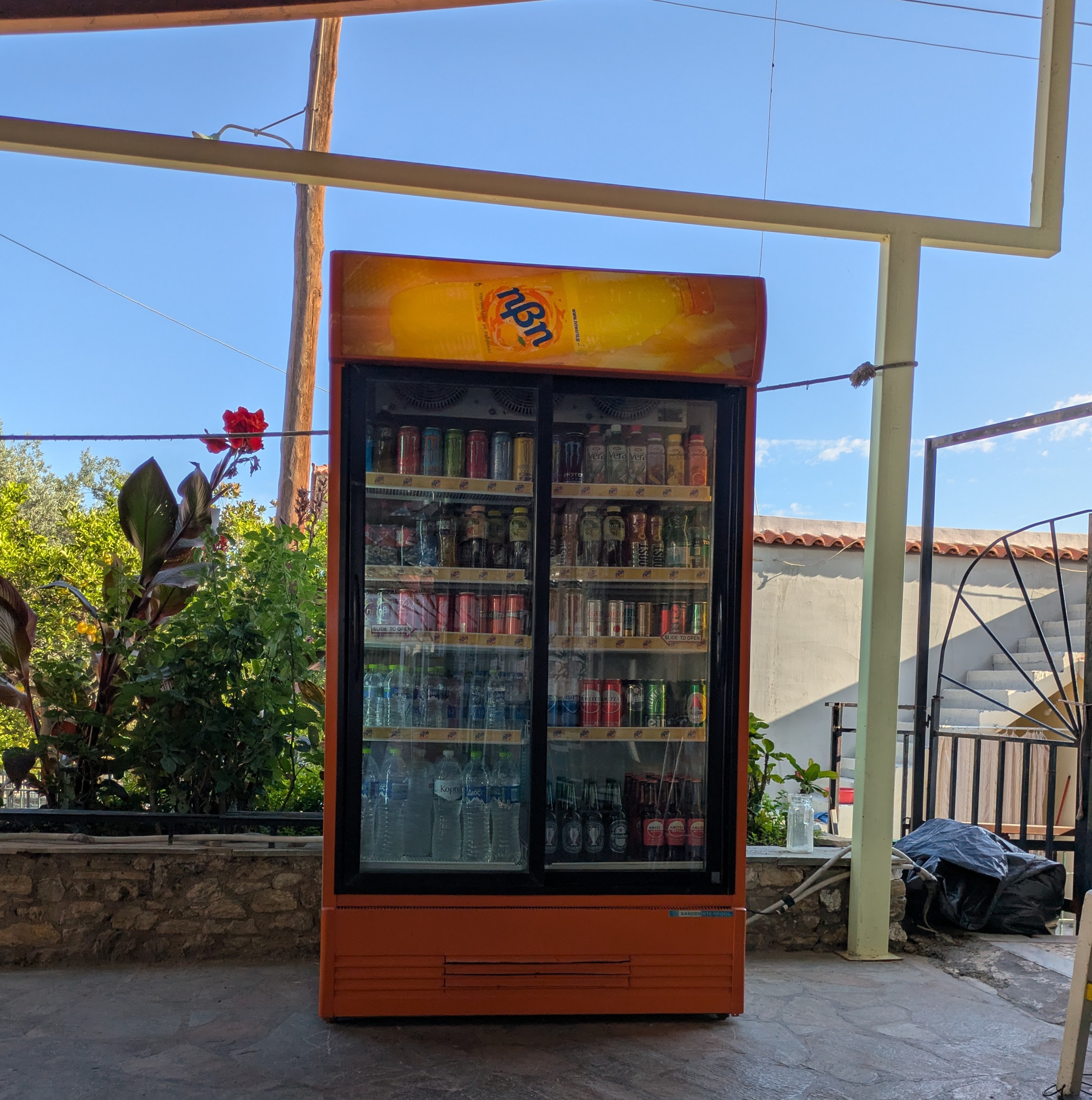Infrastructure

I’m obsessed with infrastructure. It’s all those things that go unnoticed until something breaks, suddenly revealing their crucial existence. This includes everything from electrical grids and generators to water systems and data centers. For the past ten years, I’ve also worked in computer infrastructure, so I’ve witnessed firsthand the chain of events that unfolds when something fails.
Any event that simultaneously affects many people demands timely and careful attention. Such incidents are always followed by a meticulous review. Engineering teams often produce post-mortem reports to explain what happened and why. Outside of medical institutions, where human lives are at stake, infrastructure maintenance and failures are of paramount importance during peacetime. They are also a key indicator of a society’s economic status and prosperity. It’s more than obvious that when a recession hits an economy, infrastructure maintenance budgets are often cut – something we in Greece have experienced dramatically many times over the last decade.
But what struck me most recently - and somehow relevant - was a refrigerator at a mini-market, gas station, and cafe in a Peloponnesian village. It stood alone outside, powered by a cut and tapped electrical cable that was embedded in the ground for at least a meter, offering cold drinks during a mid-summer heatwave. If we consider refrigerators as a meta-infrastructure of their own, we should greatly appreciate them; they act as islands or oases for thirsty beings. So next time when you stand in front of one waiting to grab a bottle of cold water keep this in mind.